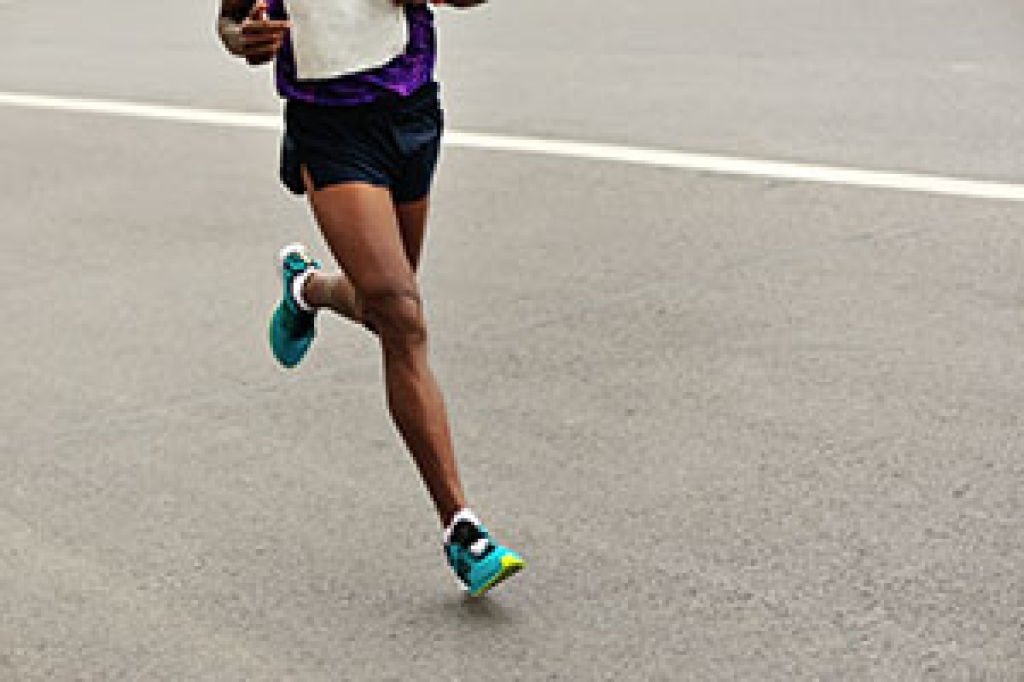
The feet are remarkable structures designed for movement and support, playing a critical role in running. Made up of 26 bones, numerous joints, and a complex network of ligaments and tendons, the feet provide both stability and flexibility. When running, the foot strikes the ground absorbing impact through the arches, which act like natural shock absorbers. The big toe plays a vital role in propulsion, helping to push off the ground efficiently. The intricate arrangement of muscles in the foot allows for adaptability on various surfaces, enhancing balance and coordination. Proper biomechanics are essential as any misalignment can lead to injuries. Therefore, understanding the foot's construction and function can help runners make informed choices about footwear and training, ultimately improving performance and reducing the risk of injury. If you have sustained a foot or ankle injury while running, it is suggested that you consult a podiatrist who can offer effective treatment solutions.
If you have any concerns about your feet, contact David Williams, DPM from El Paso Feet. Our doctor can provide the care you need to keep you pain-free and on your feet.
Biomechanics in Podiatry
Podiatric biomechanics is a particular sector of specialty podiatry with licensed practitioners who are trained to diagnose and treat conditions affecting the foot, ankle and lower leg. Biomechanics deals with the forces that act against the body, causing an interference with the biological structures. It focuses on the movement of the ankle, the foot and the forces that interact with them.
A History of Biomechanics
- Biomechanics dates back to the BC era in Egypt where evidence of professional foot care has been recorded.
- In 1974, biomechanics gained a higher profile from the studies of Merton Root, who claimed that by changing or controlling the forces between the ankle and the foot, corrections or conditions could be implemented to gain strength and coordination in the area.
Modern technological improvements are based on past theories and therapeutic processes that provide a better understanding of podiatric concepts for biomechanics. Computers can provide accurate information about the forces and patterns of the feet and lower legs.
Understanding biomechanics of the feet can help improve and eliminate pain, stopping further stress to the foot.
If you have any questions please feel free to contact our office located in El Paso, TX . We offer the newest diagnostic and treatment technologies for all your foot and ankle needs.
